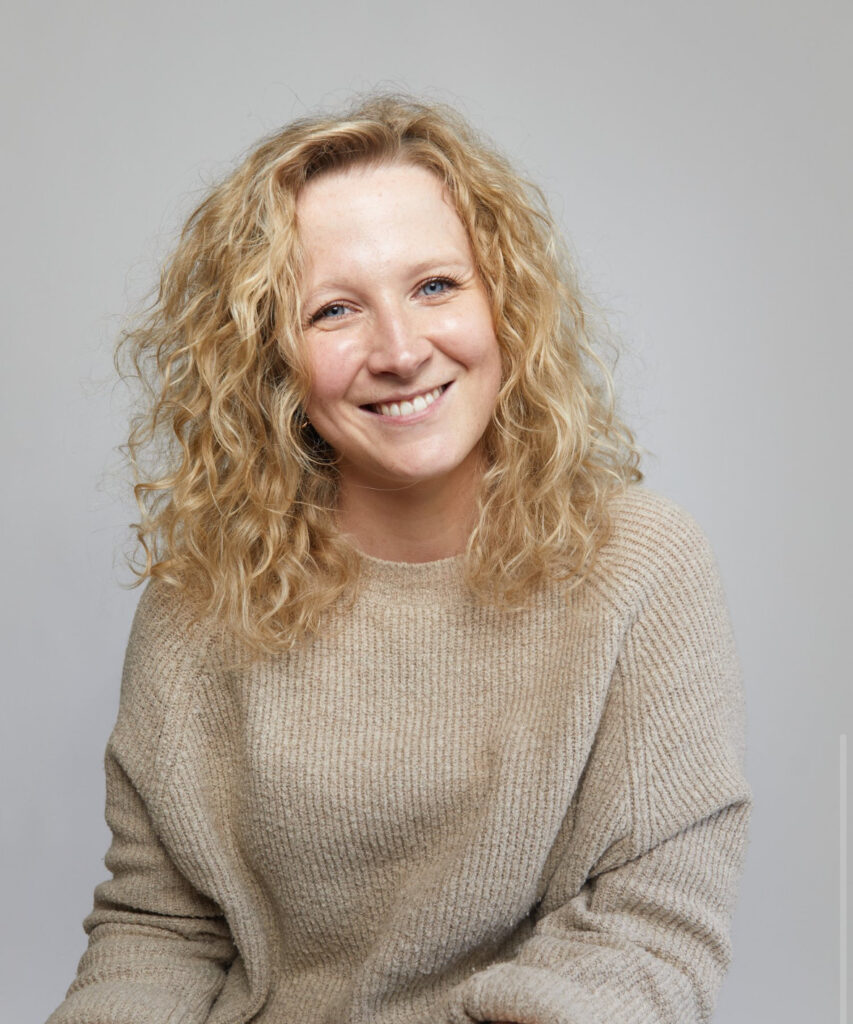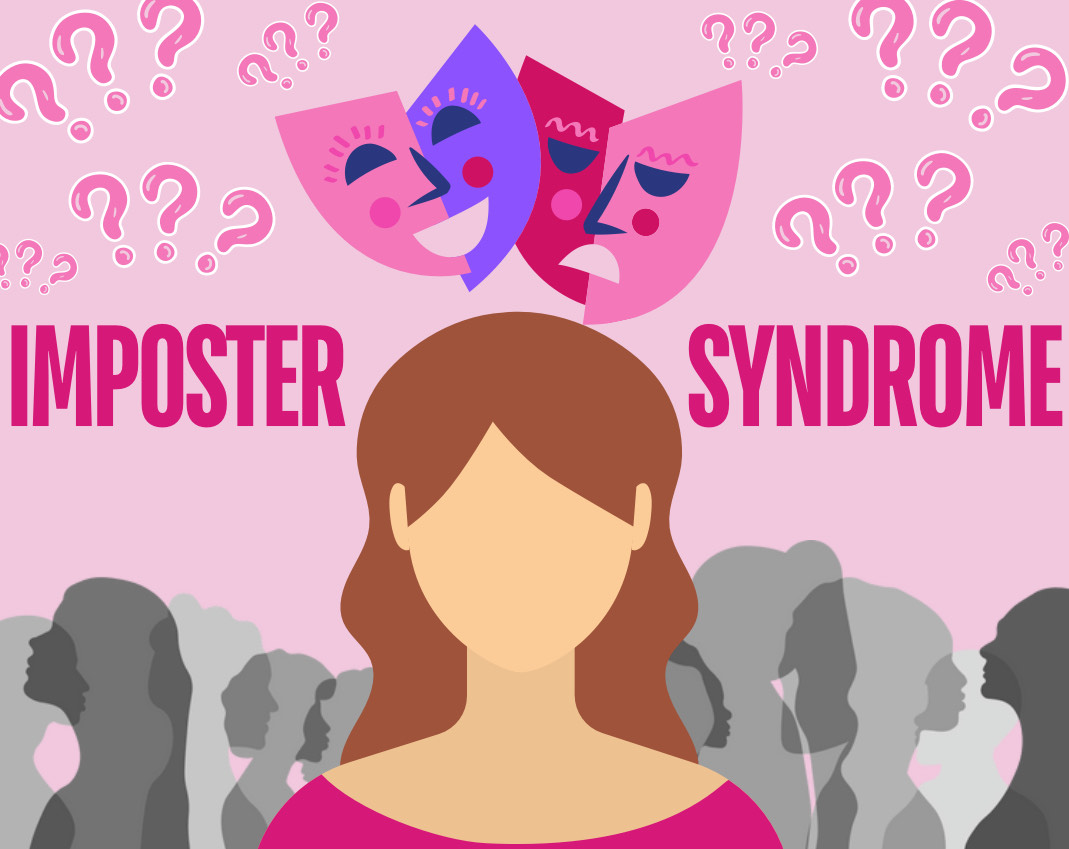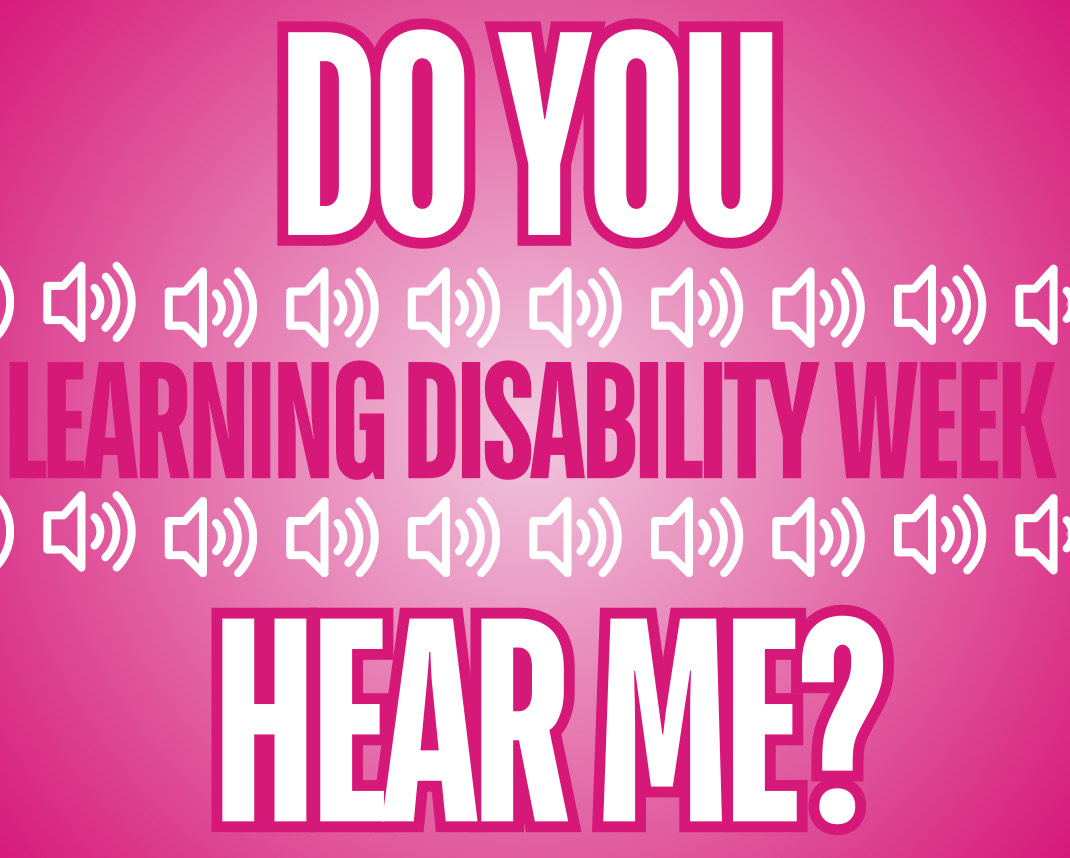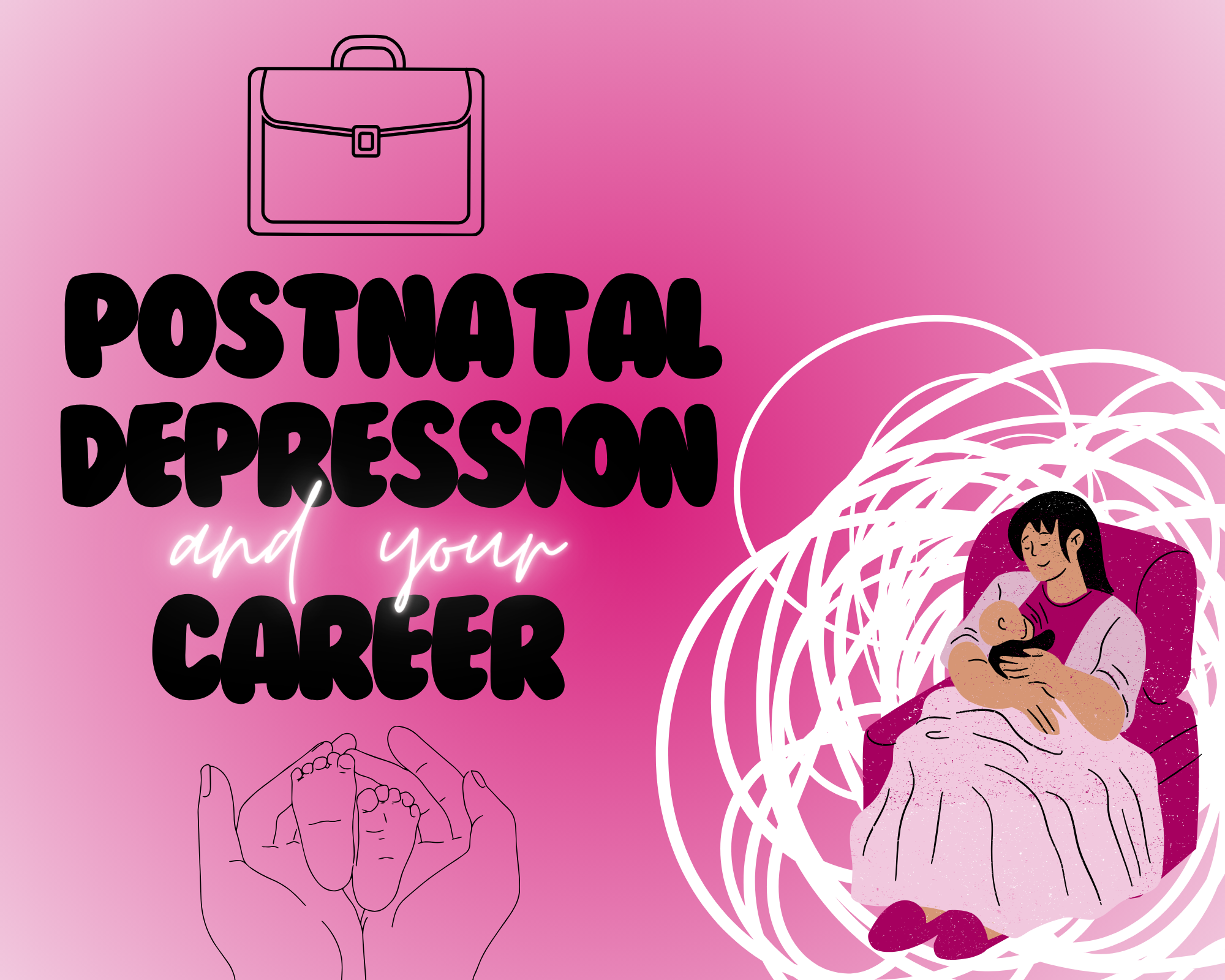How do we get over those doubts of never feeling good enough in our careers and stop imposter syndrome from taking over?
According to Simply Psychology, imposter syndrome is an internal experience of self doubt and feeling as though you are a fraud or not as competent as others perceive you to be. Imposter syndrome can effect anyone, from school students to CEOs, and can create feelings of inadequacy and a struggle to internalise success.
Based on research from Dr. Valerie Young, the co-founder of the Impostor Syndrome Institute, she found that imposter syndrome can be categorised into 5 different types:
- The Perfectionist– this the feeling that if your are not perfect in your job or your work is not perfect, then it is completely inadequate.
- The Expert– this feeling of imposter syndrome is when you are heavily educated on a particular subject but still feel like you have more to learn and you’ve never quite mastered it and have not reached ‘expert’ status.
- The Natural Genius– this is the feeling of being a fraud and not believing you are competent enough in your work if you don’t get everything right on the first try.
- The Soloist– this is when you feel like you should know the answers to your questions and don’t want to appear incompetent, so you try and figure it out on your own.
- The Super person– this is the feeling of pressure to reach the top and being the best and if you don’t reach that, you’re a fraud.
Caroline Hickey is a careers coach and founder of What Happens Now, and advises and supports people in their twenties and thirties to take control of their career development. She explains that, “Imposter syndrome is essentially these voices in your head saying, ‘why am I here?’. They’re gonna find out I don’t deserve to be here and I’m a fraud. When we step outside our comfort zone it’s the perfect kind of breeding ground for our brain to start to tell us these things. However, a lot of the time it’s not because you’re not capable, it’s because it’s something new and your navigating uncharted territory.”
“Remember you are mastering a skill that takes thousands of hours but we have this unrealistic expectation that we need to know it in the first hour. As well it can be easy to get caught up in comparison and what you can’t do and that feeling can be isolating having to solve it all by yourself.”
For Steph Sim, 29, from Toronto, she has struggled with imposter syndrome in many of her jobs. She is currently an innovation program manager and got her job through a hiring post in her MBA program group chat. She says, “I’ve feel imposter syndrome when a random person posted in a chat that he was hiring. I already feel it and I don’t even know who this guy is or even heard of this organisation before. It’s weird because you are qualified to apply for the job and once you get it you’re ready to go. But then you get there and you are bombarded with all this new information, new processes, new people and you suddenly question everything.
“I’ve felt imposter syndrome since my first job, from something as simple as not knowing what a mail merge was. I had to google it and it was something simple like a click of a button and I was like, ‘I should know this!’. Realistically though I was new to the job market and just needed more experience.
“I’m 29 now and I’ve had three jobs and I am a capable leader and I’m someone that’s not scared of having to lead something and take a risk on something to prove that I can reach those goals.
“But this is the first role where the stakes are high and I’m part of the sign off on the contract. I’m one layer of approval for funding and people’s money is on the line. And then I’m questioning my leadership and if I can do this. I knew I was capable but I am as capable as they need me to be. What if I’m only reaching 75% and my work is not good enough to their standards.”
Steph explained how she never expected to be perfect in her new job but still felt she needed to know everything as people were relying on her. This lack of confidence and self doubt resulted in her not asking for help or clarity when she didn’t know the answers, in fear of people thinking she wasn’t qualified for the job.
In Caroline’s experience, she has found a lot of her clients who struggle with imposter syndrome try and take on everything at once and try to spin all the plates on their own. This results in feelings of burn out and a lack of career progression, due to that fear to ask for help and answers to their questions. Caroline works with people to help acknowledge these voices of doubt and rationalise and accept them.
“It’s a narrative that your brain is creating a belief system that you aren’t worthy being there and it’s a mistake that you’re in this position and you got it by fluke. The best thing to do in that situation is accept that these thoughts are there and learn that our mistakes are essential to career development.” she explains.
“An exercise I like to do is taking the thoughts to court. Take the statement that ‘you don’t deserve to be here’ and put it on trial. Give me all the evidence that this is true and defend the statement. Then give me evidence that it is false and you’ll find this is much easier.”
Caroline’s tip to anyone entering a new job or struggling with imposter syndrome is to create a folder of positive emails or recognition you have received and save them. This builds up tangible evidence that you are an asset to your team and you are good enough. This bank of positive reinforcement can be helpful as when you are spiralling it can be heard to reflect on previous positive feedback and rationalise your imposter syndrome.
As well, Caroline recommends journaling as a key tip to get those thoughts out of your head and analyse if there is weight to them. She says, “Journaling is powerful as it can get those loud thoughts out of your head and we can spend some time to reflect on them and see if they really feel true. If they still feel powerful and lasting after some time away then that is a sign to reach out for some support.”

For Steph, she feels as though her imposter syndrome is a symptom of a different problem. “By facing your doubts it can be a learning curve and you incrementally let yourself become more capable. I think also lightening up your expectations on yourself, allowing yourself time to learn and constantly chipping away at those doubts is key.
“I think that impostor syndrome is often felt by people who hold themselves to high standards and understanding that you might not get from zero to hundred in a month is important.”
Caroline explains how managing imposter syndrome is about learning to work with it, getting comfortable with those thoughts and using it as fuel to move forward in your career. She says, “I don’t think it is something you can just banish and suddenly become the most confident person ever, it takes time and self reflection.”
She explains how women in male dominated fields can especially experience imposter syndrome.
“With a lot of women I’ve spoke to in male dominated fields, things like walking into a meeting room full of men and standing your ground can be hard. It can be easy to doubt if your opinion and thoughts are relevant to the discussion.
“In those moments, know that knowledge is power. To build that confidence up is to really be the student in your industry and really understanding what you are talking about.
“Find validation in the hours of hard work you’ve put into your career and remember you’re probably the person in the room who knows the most.”
To read more on caring for your mental health in your career, click here- https://werkmagazine.co.uk/2024/05/23/caring-for-your-mental-health-whilst-dealing-with-trauma-from-your-job/




